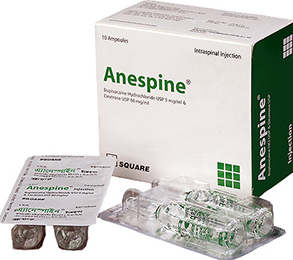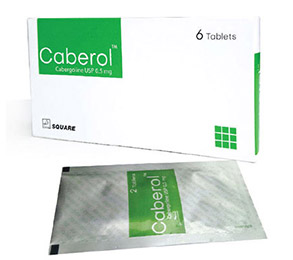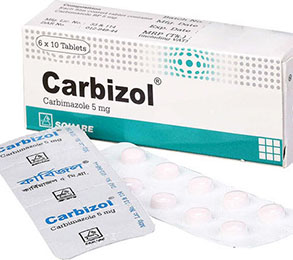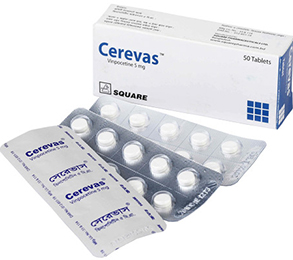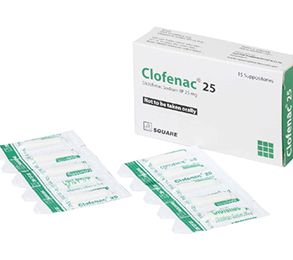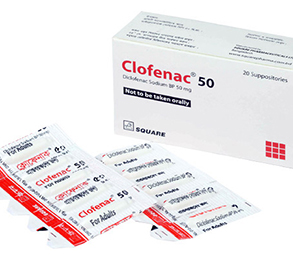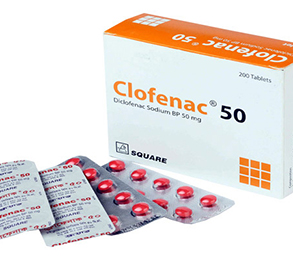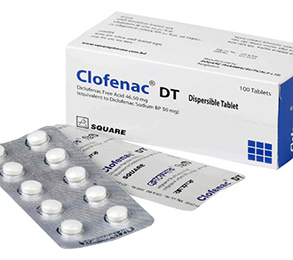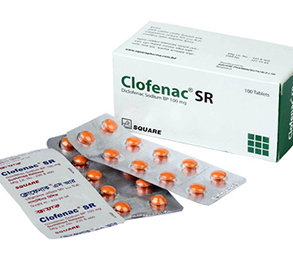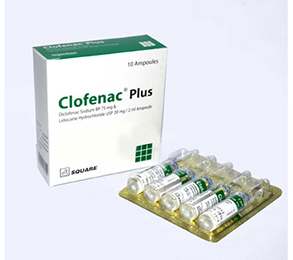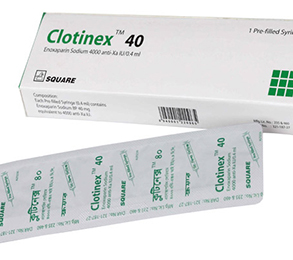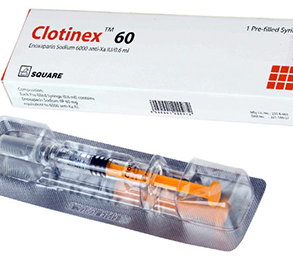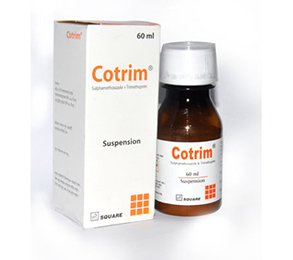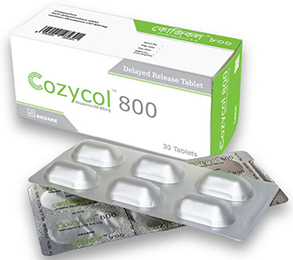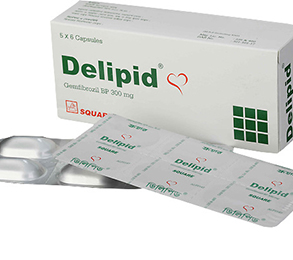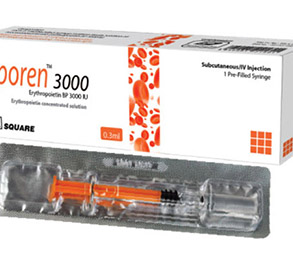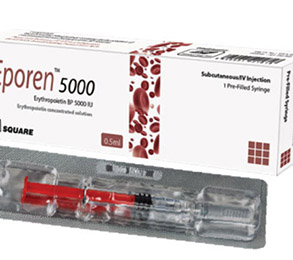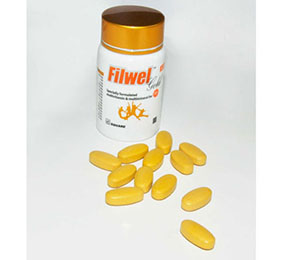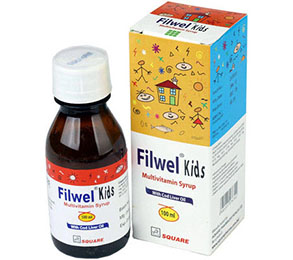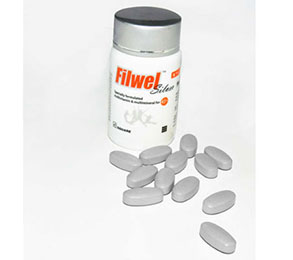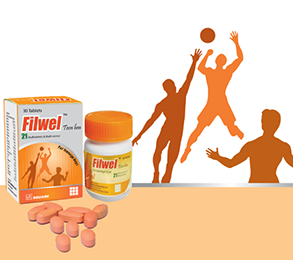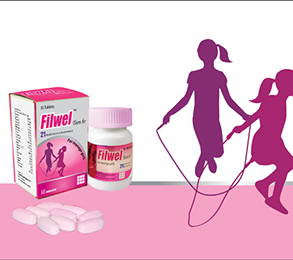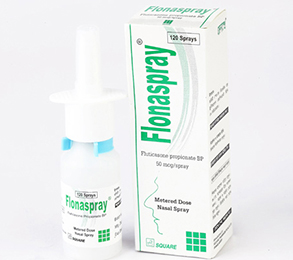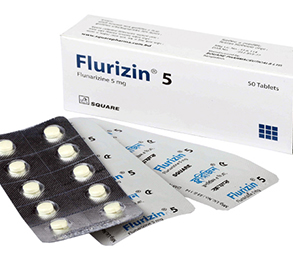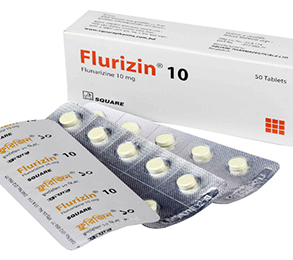Infudex 10 1L 1 Pcs
Alternative products
Dextrose Anhydrous
Indications
Dextrose is administered as a parenteral nutrition solution in the treatment of carbohydrate depletion and hypoglycaemic coma. Because of its high dextrose content it is used in the treatment of cerebral edema, shock, circulatory collapse, unconsciousness and to correct hyperkalaemia with or without insulin.
Pharmacology
Dextrose is a monosaccharide that is used as a source of calories and water for hydration. It helps to reduce loss of body protein and nitrogen. It also promotes glycogen deposition in the liver. When used with insulin, it stimulates the uptake of potassium by cells, especially in muscle tissue, thus lowering serum potassium levels.
Dosage
The volume and rate of infusion of dextrose solution will depend upon the requirements of the individual patient and the judgement of the physician.
The maximum rate at which dextrose can be infused without producing glycosuria is 0.5 gm/kg/hr.
The usual recommended flow rate for adult is 10-35 drops per minute infused intravenously.
Intravenous-
Hyperkalaemia:
- Adult: 25-50 g combined with 10 units of regular insulin, administered over 30-60 minutes; may repeat if necessary. Alternatively, 25 g combined with 5-10 units of regular insulin infused over 5 minutes; may repeat if necessary.
- Child and infants: 0.5-1 g/kg (using 25% or 50% solution) combined with regular insulin (1 unit for every 4-5 g dextrose given); infuse over 2 hr, may repeat if necessary.
Intravenous-
Hypoglycaemia:
- Adult: 10-25 g (40-100 ml of 25% solution or 20-50 ml of 50% solution). Doses may be repeated in severe cases.
- Child: ≤6 mth: 0.25-0.5 g/kg/dose; >6 mth: 0.5-1 g/kg/dose. Doses may be repeated in severe cases. Max: 25 g/dose.
Oral-
Hypoglycaemia:
- Adult: 10-20 g as single dose; may repeat in 10 min if needed.
- Child: >2 yr: 10-20 g as single dose; may repeat in 10 min if needed.
* চিকিৎসকের পরামর্শ মোতাবেক ঔষধ সেবন করুন'
Administration
It should not be administered by SC or IM route. Dextrose should be infused through the largest available peripheral vein.
* চিকিৎসকের পরামর্শ মোতাবেক ঔষধ সেবন করুন'
Interaction
There is no drug drug interaction and none well documented.
Contraindications
Concentrated dextrose solution is contraindicated in patients with Glucose-Galactose Malabsorption Syndrome and severe hydration. The infusion of hypertonic dextrose injections is contraindicated in patients having intracranial or intraspinal hemorrhage, in patients who are severely dehydrated, in patients who are anuric, and in patients in hepatic coma. Solutions containing dextrose may be contraindicated in patients with known allergy to corn or corn products.
Side Effects
Venous thrombosis, phlebitis, hypovolemia, hypervolemia, dehydration, oedema, fever, mental confusion, unconsciousness, hyperosmolar syndrome, hyperglycaemia, hypokalaemia, acidosis, hypophosphataemia, hypomagnesemia, polyuria, glycosuria, ketonuria, nausea, diarrhoea, polydipsia, vein irritation, tissue necrosis, pulmonary oedema, tachypnoea.
Pregnancy & Lactation
Pregnancy Category C. Animal reproduction studies have shown an adverse effect on the fetus and there are no adequate and well-controlled studies in humans, but potential benefits may warrant use of the drug in pregnant women despite potential risks
Precautions & Warnings
Concentrated dextrose solution should not be infused rapidly or for a long period. It may be hazardous in patients with impaired hepatic or renal function and severe sepsis.
Care should be taken to avoid circulatory overload, particularly in patients with cardiac insufficiency. Caution must be exercised in the administration of these injections to patients receiving corticosteroids or corticotropin. These injections should be used with caution in patients with overt or subclinical diabetes mellitus.
Parenteral drug products should be inspected visually for particulate matter and discoloration prior to administration whenever solution and container permit. Do not administer unless solution is clear and seal is intact.
Overdose Effects
Reevaluate patient's condition and institute appropriate symptomatic treatment.
Therapeutic Class
Intravenous fluid preparations, Parenteral nutritional preparations
Storage Conditions
Store at 25°C.
- Type IV
- Tag
- Morbi leo risus
- Porta ac consectetur ac
- Vestibulum at eros






